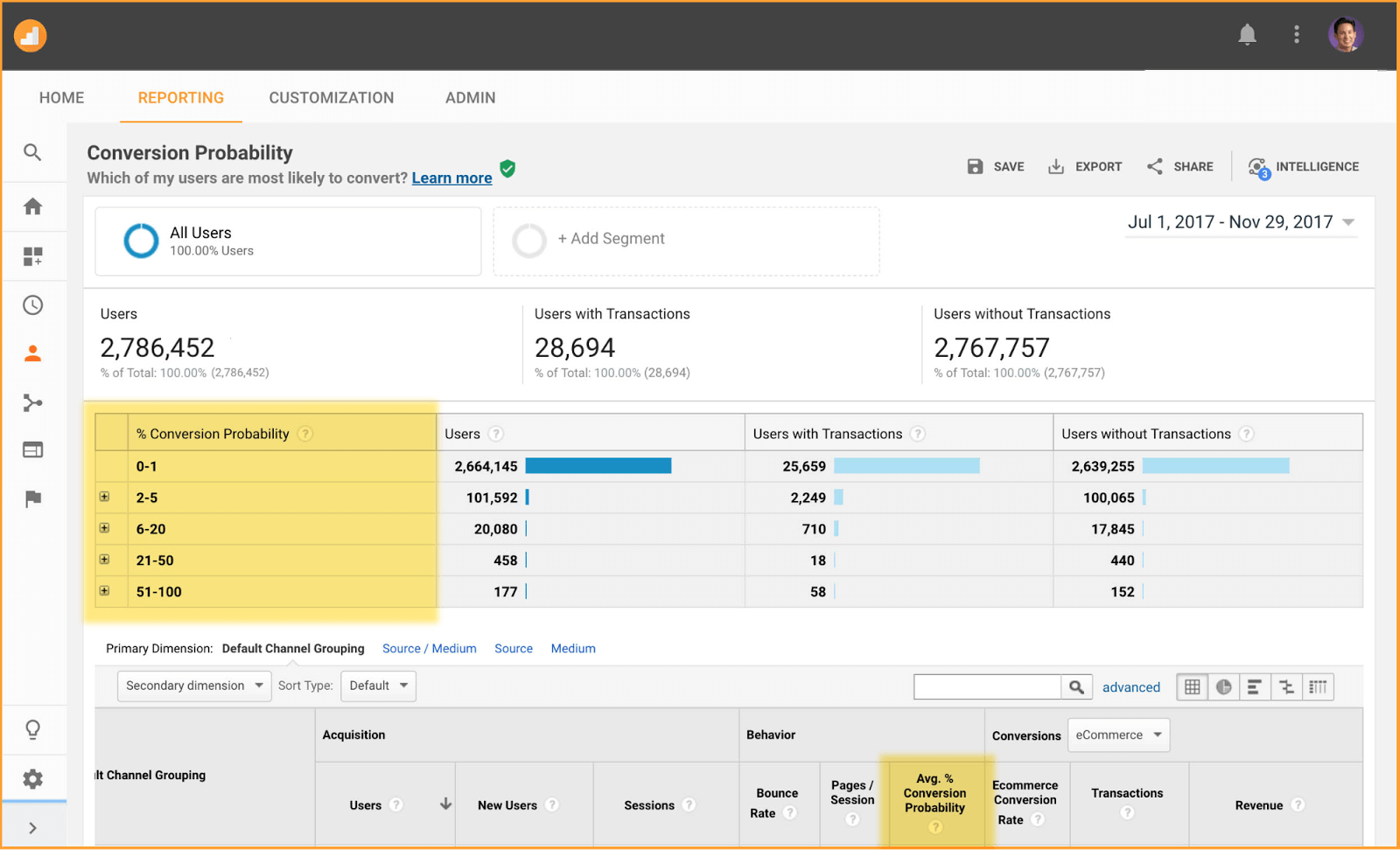The Content Marketing Weekly is everyone’s favorite curated roundup of news, tips, insights and best practices. Oh, and, sometimes, we include gifs.
Start out 2018 strong with this week’s edition.
Stock 2.0: What Savvy Marketers Need to Know About the Changing Rules of Visual Content
In the mad dash to get content out the door, visuals are oftentimes that last step in the process (aka given the least consideration when up against time constraints). It’s not the optimal content creation process by any means, but it’s one that marketers employ for the sake of efficiency.
However, as Content Marketing Institute suggests, there are plenty of online tools that can speed up time to publication without sacrificing quality visuals.
Three of note are:
- Canva: Free infographic, social image and blog templates, in addition to icons, designs and creative layouts.
- Magisto: Create up to five minutes of video for $10 a month.
- Moovly: Quick animation for $49 a month.
12 must-do visual #content formats https://t.co/SBMUNIq5n1 by @katairobi pic.twitter.com/XcooWXv7iT
— Content Marketing (@CMIContent) December 16, 2017
Prioritize creative tools based on your budget, but, above all, don’t sideline visuals in 2018.
SEO in 2018: Optimizing for Voice Search
Voice search is growing. And just as mobile search revolutionized SEO several years ago, voice-enabled devices like Amazon’s Alexa and Google’s Home are changing the way marketers collect user data and optimize for organic visibility.
This article from Search Engine Land walks through why marketers should focus more time on voice search in 2018 and what benefits doing so might bring.
Q7. We don’t pay much attention to fad diets, but we’re definitely interested in content trends. #BraftonBuzz pic.twitter.com/x55nmnEV8U
— Brafton (@Brafton) December 13, 2017
Synonymous or similar search queries may on the surface appear uniform across devices. After all, verbally saying, “Where is Target?” versus typing, “Where is Target?” should produce identical results, right?
Well, no, because the searcher intent of the user and the behavioral data linked to specific devices are often different. Asking the above question to a voice-enabled device implies the user is probably on the move, or likely to convert soon. Conversely, typing the question into a desktop search bar may signify a more informational query without as much transactional impetus behind it.
Understand more of the intricacies of voice search by reading the rest of article here.
Google Analytics Releasing 4 New Functions to Offer More User-centric Insights
Marketers crave site visitor data. The more of it, the better. Google Analytics just made our lives a little easier by rolling out new tools that should provide more insight into customer journeys, Marketing Land reports.
The four new updates are:
- User Explorer: View user-level lifetime metrics like total time on page and attributable revenue.
- Audience reporting: Publish audience reports directly in GA rather than in AdWords.
- User-focused reporting: Learn more about users beyond just their total number of sessions.
- Conversion Probability: Review segment data based on how likely a user is to convert in the future based on machine-learned transaction calculations.

Read the rest to learn how to put these functions to use.
Google: Fundamentals of Writing Meta Descriptions Don’t Change with Longer Search Snippets
Webmasters everywhere ran back to the drawing board after Google’s extended search snippets went live earlier in December.
But their frantic actions may have been a tad presumptuous, as Search Engine Land notes.
Despite Google doubling the character length of featured meta descriptions from 160 to 320, the core factor affecting optimized snippet displays is still relevance to the web page. In short, and as Google officially states, snippet length “doesn’t change the fundamentals of writing a description tag.”
As for guidance on generating meta descriptions, Google explains that snippets are pulled from varying information related to the link. For instance, some snippets are created from an exact match of what’s used in a meta description tag. At other times, the snippet pulls directly from the content on a web page, or even combines page content with the description tag.
It all depends on the search query.
Learn more on how to approach meta descriptions.
It’s our final Friday of 2017 – see you next year!





